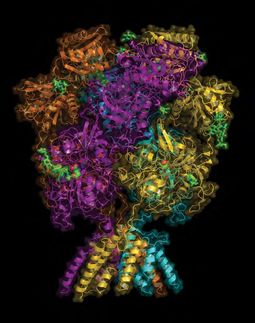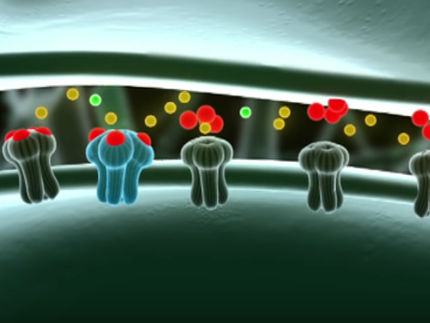Antidepressants for pregnant moms don't affect infants' growth
Infant weight and length over first year aren't impacted by antidepressant exposure
Selective serotonin reuptake inhibitor (SSRI) antidepressants taken by a woman during pregnancy do not impact her infant's growth over the first year, reports a new study from a Northwestern Medicine scientist.
There had been concern that antidepressant treatment during pregnancy reduced growth during the first year. Previous data suggested depression during pregnancy also could diminish infant growth.
But the new study showed infants born to mothers who took SSRIs during pregnancy had a similar weight, length and head circumference over the first year as infants born to non-depressed women who did not take antidepressants. The infants whose mothers took antidepressants were shorter at birth, but the difference disappeared by two weeks of age.
In addition, growth measurements for the infants of depressed women who did not take SSRIs were similar to the general population.
"Most women want to know about the effect of their depressive illness or the medication they take during pregnancy not only on the infant at birth, but also on the baby's longer-term growth and development," said Northwestern Medicine lead author Katherine L. Wisner, M.D. "This information may help women balance the risks and benefits of continuing their antidepressant treatment during pregnancy."
Wisner is director of Northwestern's Asher Center for the Study and Treatment of Depressive Disorders. She also is the Norman and Helen Asher Professor of Psychiatry and Behavioral Sciences and of obstetrics and gynecology at Northwestern University Feinberg School of Medicine and a physician at Northwestern Memorial Hospital.
The study will be published in The American Journal of Psychiatry in Advance.
Depression has negative impact on a mother's and infant's health, Wisner said, noting that women who stop taking SSRIs near the time of conception have a high relapse rate.
Maternal prenatal stress and depression are linked to preterm birth and low infant birth weight, which increases the risk of cardiovascular disease. Depression also affects a woman's appetite, nutrition and prenatal care and is associated with increased alcohol and drug use. Women with untreated depression have a higher body mass index preconception, which carries additional risks.
Most read news
Organizations
Other news from the department science

Get the life science industry in your inbox
By submitting this form you agree that LUMITOS AG will send you the newsletter(s) selected above by email. Your data will not be passed on to third parties. Your data will be stored and processed in accordance with our data protection regulations. LUMITOS may contact you by email for the purpose of advertising or market and opinion surveys. You can revoke your consent at any time without giving reasons to LUMITOS AG, Ernst-Augustin-Str. 2, 12489 Berlin, Germany or by e-mail at revoke@lumitos.com with effect for the future. In addition, each email contains a link to unsubscribe from the corresponding newsletter.






















































